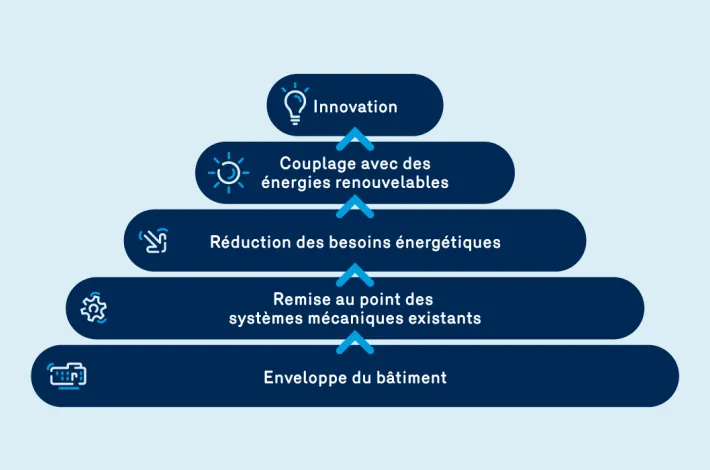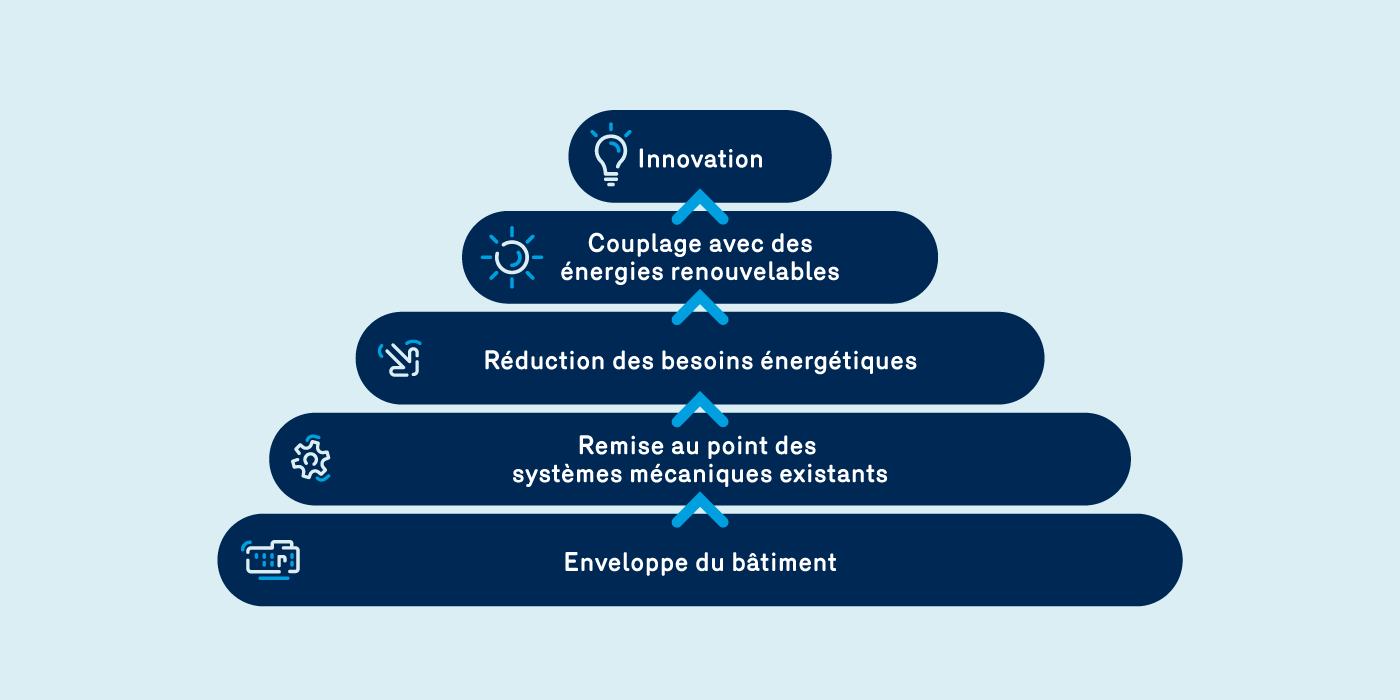
Oil: winners and losers

The recent sharp drop in oil prices has played havoc with the exchange rate and reshuffled the global economy. Who loses? Who wins? And for how long? A brief overview.
The price of oil affects entire segments of the economy, starting with the exchange rate and financial indicators. But in recent months, prices have more than halved, with immediate repercussions. For better or for worse, depending on the case in question.
In Canada, two complementary scenarios have played out. On the one hand, the oil-producing provinces (Alberta, Saskatchewan and Newfoundland) have lost income and investments. On the other, the manufacturing provinces (with Quebec and Ontario in the lead) have reaped the benefits of the lower Canadian dollar, with their exports suddenly more competitive and their products cheaper for foreign customers.
The U.S. economy is diversified enough to withstand weakness in the oil sector. Accordingly, growth should continue unhindered in 2015. Americans will spend more due to cheaper petroleum products, but this will be partly offset by the rise in their currency, which hampers exports.
Globally, the drop in oil prices fosters spending and exports. The boost is welcome in Europe and Japan, until now plagued by insipid growth. Conversely, oil-producing nations are jeopardized, starting with Russia. Only Saudi Arabia has sufficient liquidity to withstand the current situation; indeed, this is why it can afford not to intervene in the market and cause prices to surge.
Gasoline and fuel oil at a discount—for now
For consumers here and elsewhere, the most visible impact is the drop in the price of gasoline. It’s been a while since we could fill up for $1 a litre! However, pump prices follow their own mysterious logic that could see prices shoot back up at any time, notwithstanding the price of crude—like they did in early March, when they exceeded $1.20.
The price of fuel oil (both heavy fuel and home heating oil) has also dropped. However, prices posted by Québec suppliers have not dropped at the same rate as crude. This is probably why some Énergir customers continued to heat with natural gas this winter, despite being able to readily switch from one energy source to another. Furthermore, the more competitive forms of heating oil are also the least refined and therefore the most polluting.
The biggest loser: the environment
The biggest loser in the falling price of oil remains the environment. The more consumers and businesses that use oil products, the higher the rate of greenhouse gas emissions. When gasoline and fuel oil are offered at attractive prices, there’s less incentive to explore less polluting forms of energy.
In Québec, companies wishing to benefit from lower oil prices have to contend with a major deterrent: taxation. Since the entry into force of the cap-and-trade system in 2013, companies must buy credits from the government to emit greenhouse gases. Using fuel oil generates higher emissions than using natural gas.
It should be noted that, in the last few months, natural gas has also experienced a significant price drop. This is not linked to oil prices, but rather to a structural factor: the production surplus following on the development of new fields. This trend can thus be expected to evolve predictably. The same cannot be said of oil, which depends as much on production as on market strategies, the geopolitical context and the whims of the financial markets.
You may also like...


Energy, Sustainable development
Coop Agri-Énergie Warwick, a model of environmentally responsible agriculture


